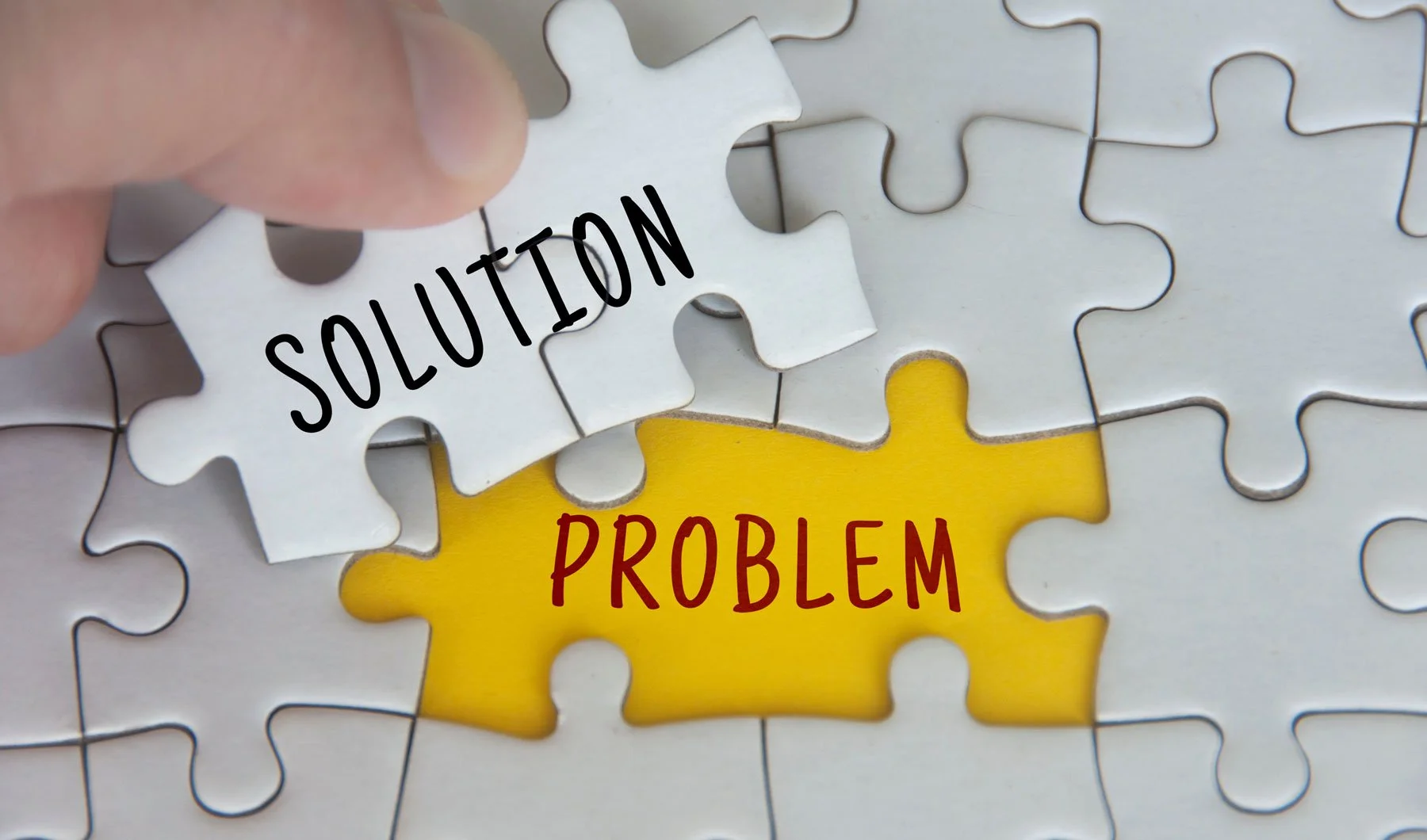Stop Talking in Circles: A Proven Way to Solve Business Issues
Why your meetings feel stuck—and how to move forward faster
If You’re Still Discussing the Same Problems… You’re Not Alone
Most leadership teams fall into the same frustrating loop: big issues get raised, debated endlessly, and then quietly set aside. A week later—they’re back on the agenda.
It’s not a lack of intelligence or effort that keeps teams spinning. The problem is structural: most organizations don’t have a simple, disciplined process for solving issues. So discussion takes the place of decision. The result? Frustration, confusion, and stalled growth.
The Common Traps That Keep Teams Stuck
Fear of conflict—people avoid uncomfortable truths
Lack of focus—meetings jump from topic to topic
Lack of discipline—ideas are shared but never acted on
Lack of commitment—solutions feel fuzzy and fade fast
Personal ego—team members want to be “right” more than effective
These habits create a culture where issues are constantly talked about but rarely resolved.
The Simpler, Smarter Way to Solve Issues
To break the cycle, adopt a straightforward three-step framework:
Identify the Root Cause
Define the real problem, not just its symptoms. Is it a process failure? A communication gap? Misalignment of priorities? Get precise.
Quick Tip: Not everything on your “issues list” is truly an issue. Some items are information to confirm or decisions to green-light. Sorting these early keeps your team focused on what really needs fixing.Discuss Openly and Constructively
Once you’ve defined the issue, let everyone weigh in. Encourage healthy debate—but keep it productive. Stay on topic, avoid repeating old arguments, and focus on moving the conversation toward resolution.Solve It with Clear Action
Choose a specific solution and assign ownership. If the next step isn’t captured in writing—with a deadline—it’s not a solution; it’s just another idea that will fade by next week.
Build the Culture—Not Just the Process
A process helps, but culture sustains it. To make problem-solving stick, foster an environment where:
People feel safe being candid
Challenging assumptions is expected
Speed and clarity are valued over perfection
Solving issues is part of everyday behavior
As a leader, model this mindset. Celebrate fast, effective problem-solving. Normalize hard conversations. When your team trusts that issues won’t linger, morale and accountability rise together.
The Result: A Healthier, Smarter, Faster Team
When your team consistently solves issues:
Meetings become shorter and more purposeful
Problems stop resurfacing
Everyone feels heard and empowered
Momentum replaces frustration
The payoff is strategic clarity—you shift from reacting to problems to anticipating them.
Next Steps
Test this approach in your next meeting. Take your top three issues and walk them through Identify → Discuss → Solve. You’ll be surprised how much progress can happen in a single hour.

